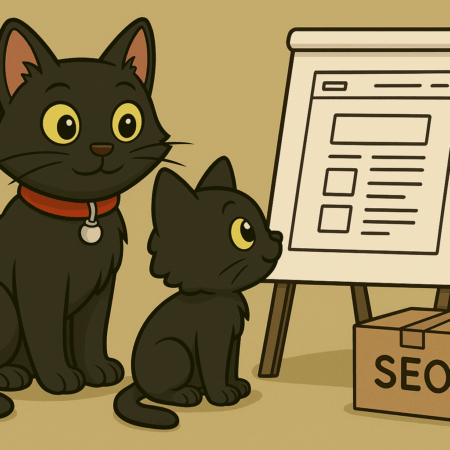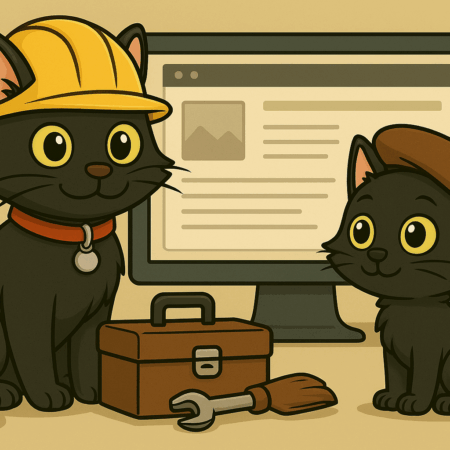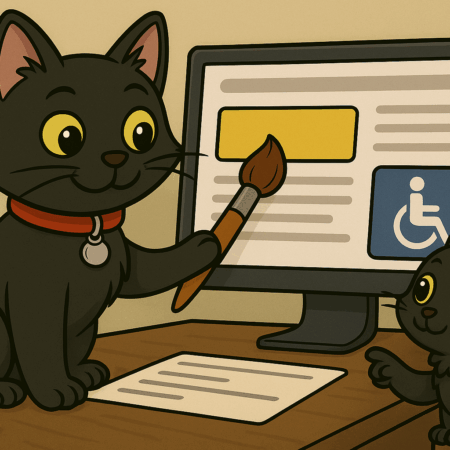Most of us assume competition means losing ground—but sometimes, putting your rival right next to you can actually boost your own success. A famous example involves two neighbouring vending machines: one dispensing Coke and the other Pepsi. Instead of splitting sales, they both sold more. This phenomenon offers a smart and surprising lesson for everyday businesses.
The Psychology Behind the Soda Switch
Imagine you’re thirsty on a hot day and see only a Coke machine. Your brain hesitates: “Do I want a drink—or not?” It’s a weighty yes-or-no decision, burdened with hesitation.
Now picture this: a Pepsi machine appears beside the Coke. Your question changes. It becomes: “Which one should I choose—Coke or Pepsi?” Suddenly, it feels like a personal choice, not a moral dilemma.
Akshay Shinde explained it neatly: “By reframing the decision from yes/no to this/that, brands create a sense of control—and sales for both options go up.”
Why Competition Can Boost Your Sales
This isn’t just about sodas and vending machines. It’s part of a broader idea called choice architecture, where the way options are presented shapes behaviour. When you reframe options as alternatives rather than all-or-nothing dilemmas, people engage more—and buy more.
One marketer put it simply: “The presence of Pepsi didn’t hurt Coke. It helped Coke sell more.”
Thinking Big: How This Applies to Your Business
Don’t Fear Sharing Platforms
You might worry that your competitor appearing alongside you on the same website, marketplace, or publication will steal your customers. But as the vending-machine example shows, their presence might actually make people more likely to choose you—now as a choice, not an overhead item among many.
Advertising Together Can Expand the Pie
When competitors appear together in an advert or promotion, it changes the decision dynamic from should I buy at all? to which one fits me today? That subtle shift can draw interest that wouldn’t exist if only one brand was visible.
The Myth of Exclusivity
Many businesses strive for exclusive placement—hoping it keeps customers all to themselves. But the choice structure created by multiple options often increases engagement. Being the sole choice sometimes makes the decision seem heavier; offering a comparison lightens the mental load and invites participation.
The Modern Playbook
We still see this principle play out today in many forms, but perhaps the most visible in the “competition” between Aldi and Lidl. Both are German supermarket chains, and both usually appear together, but rather than the decision being a basic “yes or no” to shoping in the only one that would otherwise exist, it becomes a choice between the two, and with their differentials in store, they both benefit.
Competition Can Be Your Friend
Competition doesn’t always mean diminishing returns. When the decision changes from should I buy? to which one do I choose?, people engage more—not less. By embracing thoughtful competition rather than fearing it, small businesses can create environments where customers feel in control and naturally inclined to purchase.












